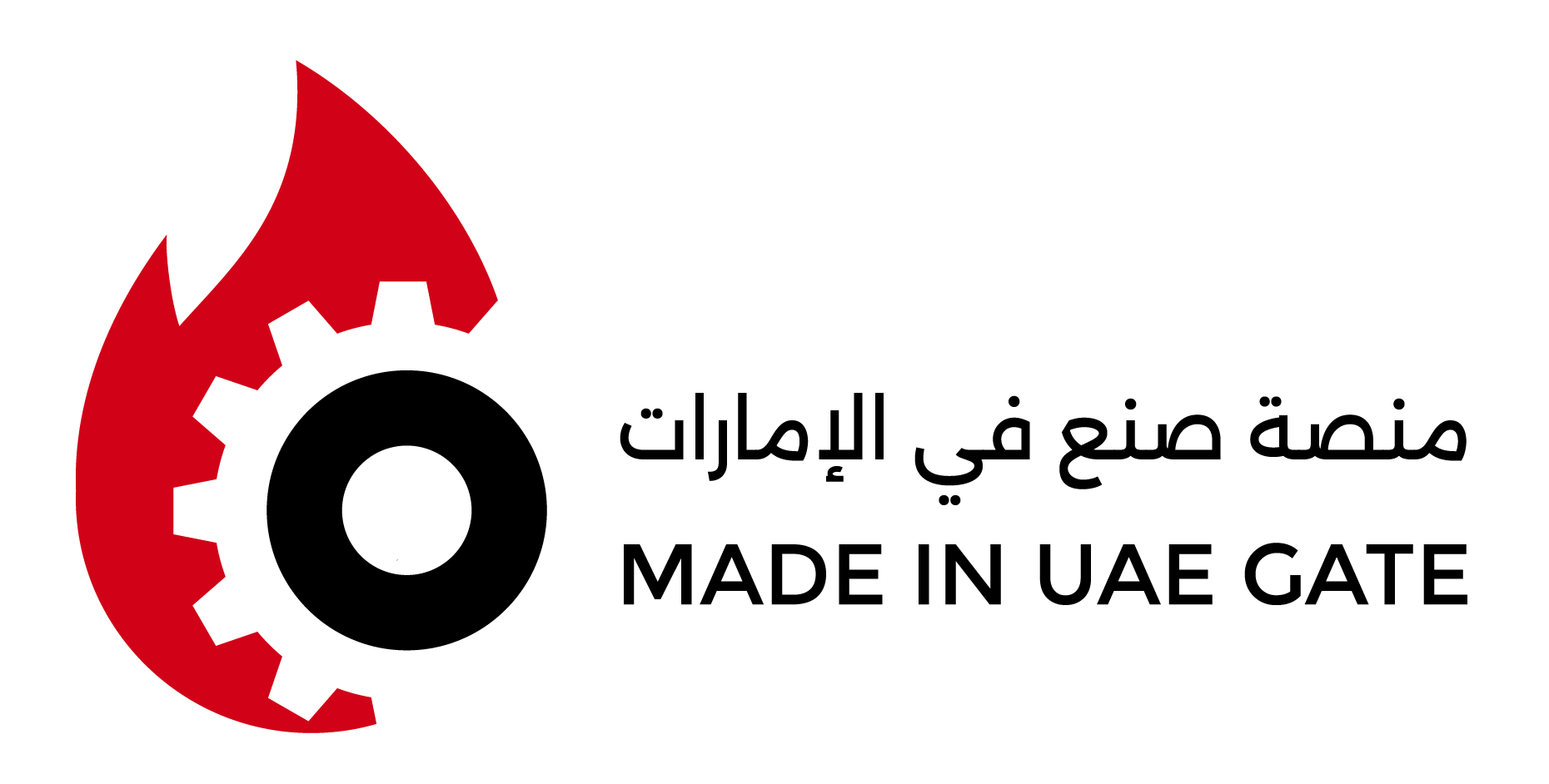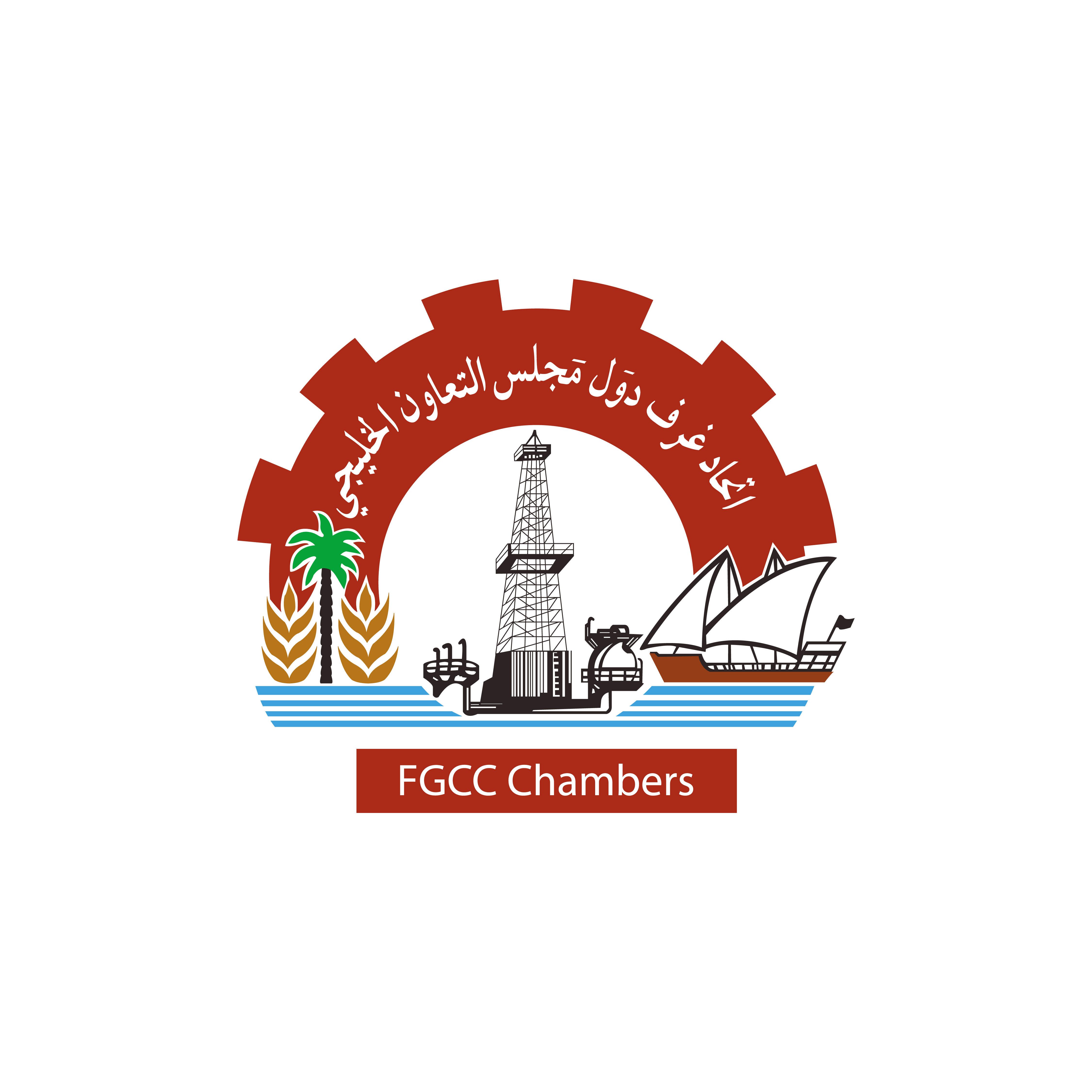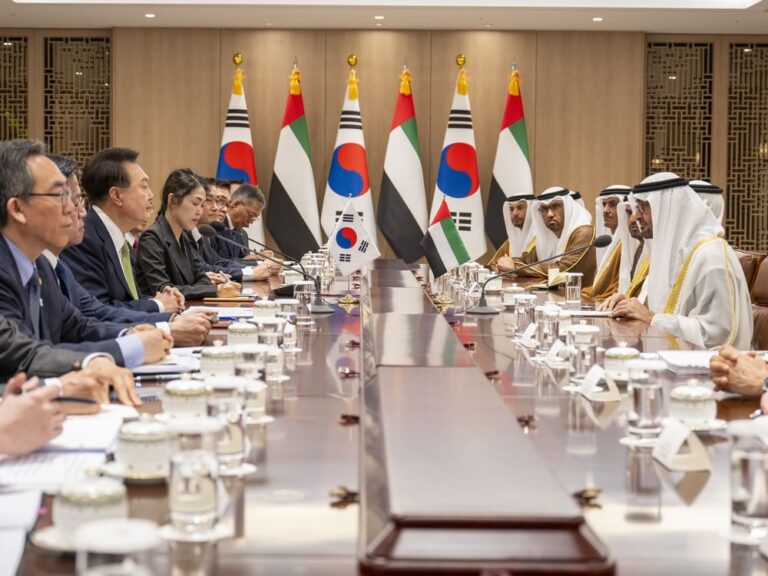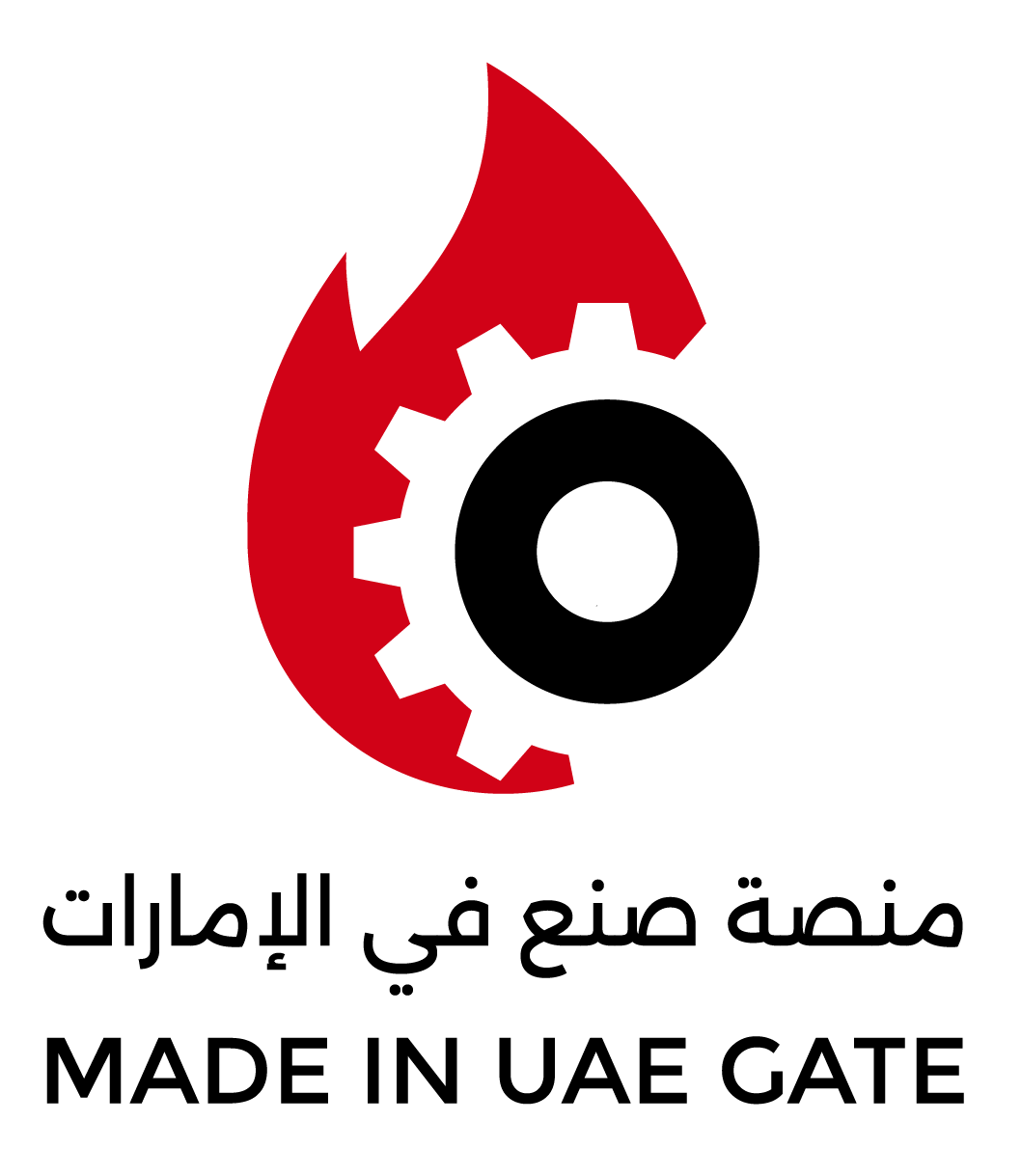The United Arab Emirates and the Republic of Korea have issued a joint statement on the occasion of the State Visit of President His Highness Sheikh Mohamed bin Zayed Al Nahyan to the Republic of Korea from 28 to 29 May 2024.
Following is the full text of the joint statement:
“At the invitation of His Excellency Yoon Suk Yeol, President of the Republic of Korea (ROK), His Highness Sheikh Mohamed bin Zayed Al Nahyan, President of the United Arab Emirates (UAE) conducted a state visit to the Republic of Korea (ROK) from 28 to 29 May 2024.
On 29 May, His Excellency Yoon Suk Yeol and His Highness Sheikh Mohamed bin Zayed Al Nahyan held a summit meeting at the Presidential Office. During the summit, the two leaders agreed to deepen and further develop the Special Strategic Partnership between the two countries.
The two leaders expressed their steadfast commitment to strengthening strategic cooperation in priority fields including economy and investment, conventional energy and clean energy, peaceful nuclear energy, and defense and defense technology and cybersecurity; as well as other areas of mutual interest such as infrastructure, high-tech industry, space, water technology, information and communication technology, SMEs and startups, agriculture, maritime transportation, civil aviation, education, culture and healthcare. Both leaders also explored the scope for trilateral cooperation with other partners, and exchanged their perspectives on extremism.
The two leaders also witnessed the signing of several agreements and Memorandums of Understanding on cooperation in the sectors such as economy, investment, conventional energy, clean energy, peaceful nuclear energy, infrastructure and culture.
I. Strengthening Cooperation in Key Areas
- 1. Economy and Investment
The two leaders acknowledged the strong and historical economic and investment ties that exist between the two countries, and noted that the bilateral non-oil trade reached US$5.29 billion in 2023. The two leaders commended the official signing of the Comprehensive Economic Partnership Agreement (CEPA), which will nurture long-term, sustainable growth through trade, investment and economic diversification between the two countries. Taking note of the genuine complementarity between the two economies, the two leaders looked forward to the establishment of preferential conditions for trade and investment that reflect the growing economic ties which have evolved between the two countries in recent decades.
Recognising the mutual benefits and the significant growth opportunities that the CEPA brings to the UAE and the Republic of Korea, the two leaders underlined their commitment to expanding mutual investments in their countries’ economies and in other regions of importance, with a focus on key sectors, including infrastructure, high-tech and emerging industries, space, information communication and technology, SMEs and startups, agriculture, and maritime transport.
Both leaders acknowledged that the UAE-Korea CEPA will reinforce East-West supply chains, facilitate two-way FDI flows, and enhance joint research and knowledge exchange across a range of sectors, including energy, advanced manufacturing, technology, food security and healthcare. Both leaders pledged to enhance cooperation in protecting Intellectual Property Rights (IPR) in both countries.
Recognising the importance of implementing sustainable development and evidence-based policies, the two leaders reiterated that both countries will collaborate in sharing the latest statistical techniques, including the utilisation of administrative data and Big Data, as well as in building a statistical portal to support business activities.
Furthermore, the two leaders shared the view that both countries aim to deepen collaboration in the tourism sector, leveraging the unique cultural heritage and cutting-edge technologies of the two countries to create enriching experiences for visitors. Through these joint efforts, the two leaders expressed their hope to build dynamic partnership that moves the economies of their countries towards a more innovative and inclusive future.
The two leaders agreed to build on the strong foundation of the close economic relations between the UAE and the Republic of Korea. They recognised that after the visit of the President of the Republic of Korea to the UAE in January 2023, these relations have made significant progress in sectors such as transformation technology, medical devices, and hydrogen infrastructure.
With respect to civil aviation, the two leaders noted that the agreement on an increase in flight capacity in October 2023 was a major step forward in expanding cooperation in the field of aviation, and shared the view that the enhanced air connectivity would contribute to facilitating the exchange of people and goods between Korea and the UAE.
The two leaders furthermore evaluated a range of joint investment initiatives, including the UAE’s commitment in January 2023 to invest USD 30 billion in strategic sectors in the Republic of Korea. UAE entities are currently exploring investment opportunities in excess of USD 6 billion through the UAE-Korea Sovereign Investment Partnership. In addition, the leaders reiterated the importance of the UAE and Korean entities expanding their presence and cooperation in the other country’s market, and fully harnessing the numerous investment opportunities and incentives available in various sectors.
- 2. Conventional Energy and Clean Energy
The two leaders, recognising the importance of energy security and the stability in global energy supply chains, and commended the establishment of the Comprehensive Strategic Energy Partnership (CSEP) in January 2023, which enables joint collaboration across all sources of energy, including conventional, renewable, and peaceful nuclear energy.
The two leaders agreed on the importance of leveraging and broadening this partnership to further accelerate investments in energy security, decarbonisation, climate action, advanced technologies, and noted that the partnership will serve as a key driver in fostering sustainability and innovation to benefit their countries and the broader global community. In this context, both Presidents recognised that the UAE Consensus adopted at COP28 provided the world with a pathway for a just, orderly, and equitable energy transition which will accelerate action in this critical decade.
The two leaders shared the view that together, the two countries are making strides in the fields of clean and renewable energy technologies, including hydrogen and ammonia, and are promoting responsible nuclear energy use, reflecting the shared commitment to developing a more sustainable model to meet future energy needs.
In this context, the two leaders provided updates on their efforts and progress in deploying and using clean and renewable energy solutions that are central to addressing the challenges of climate change and reducing greenhouse gas emissions. In this regard, President of the Republic of Korea commended the UAE’s leading role as the first country in the Middle East and North Africa to commit to net zero through the UAE’s Net Zero 2050 Strategy, which was announced last year.
- 3. Peaceful Nuclear Energy
Recognising nuclear energy as an area of national expertise for their countries, the two leaders underscored the importance of collaborative efforts that help the two countries lead international cooperation through existing and advanced nuclear technologies and promote economic growth and energy security while meeting global climate change targets. In this context, the two leaders commended the progress in the Barakah Nuclear Energy Project, noting the successful operation of four units at the Barakah Nuclear Energy Plant to date.
The two leaders welcomed further cooperation in the field of peaceful nuclear energy through the ROK-UAE High-level Consultation on Nuclear Cooperation. Based on the mutual trust built through the Barakah Nuclear Energy Project, the two leaders agreed to seek ways to facilitate potential cooperation in follow-up unit projects, joint entry into third countries, nuclear fuel supply chain, and Small Modular Reactors (SMRs).
- 4. Defense and Defense Technology
Resolved to advance defense cooperation, the two leaders noted with satisfaction the cooperation between the two countries in facilitating knowledge and expertise sharing and in exploring further opportunities to address areas of common interest. In this regard, the two leaders agreed to further expand future-oriented cooperation in all fields of defense through the Joint Higher Military Committee (JHMC), the regular ministerial-level consultative body.
Recognising the importance of strengthening defense industry cooperation between the Republic of Korea and the UAE, the two leaders affirmed the importance of further consolidating cooperation opportunities in fields of common interest, such as cybersecurity, defense technology and defense research and development (R&D).
The two leaders reaffirmed the importance of fostering closer alignment and engagement on key matters in this regard, including through the Ministries of Foreign Affairs and Ministries of Defense (2+2) consultations.
II. Cooperation in Other Areas of Mutual Interest
- 5. Education and Culture
The two leaders agreed on the importance of enhancing bilateral cooperation in the field of culture, and expressed their commitment to continuing to develop both the Republic of Korea and the UAE as global pioneers in the cultural arena. The two leaders recognised the value of leveraging the current educational cooperation between the two countries to achieve more extensive collaboration in the field of education.
- 6. Healthcare
The two leaders agreed to further strengthen their cooperation in the public health and medical fields including pharmaceuticals and medical devices. In support of this, the two countries are committed to advancing exchange of knowledge and experience, training and research, and encouraging the participation in cooperative activities of bio and medical professionals and organisations.
- 7. Agriculture
The two leaders appreciated the strong cooperation in the agricultural sector and agreed to maintain and strengthen their cooperation in areas such as sustainable agriculture, smart farming, climate smart agriculture, seeds, and veterinary medicines and medical device, in order to enhance agricultural productivity.
- 8. Space
As one of the central pillars of the Special Strategic Partnership between the UAE and the Republic of Korea, the two leaders reaffirmed the countries’ continued bilateral cooperation on existing programs in the field of space that have spanned over nearly two decades. They underscored the importance of peaceful use of space, and agreed to further enhance cooperation through knowledge exchange programs in areas such as space situational awareness, outer space technologies for sustainable development, space exploration, support of SMEs in the space sector, and to promote further utilisation of existing space infrastructure in both countries. The leaders took note of the ongoing efforts to facilitate cooperation between research and academic entities in the field, and expressed their satisfaction on the progress made on advancing capacity building efforts within the public and private domains in both countries.
- 9. Advanced Technology
The two leaders affirmed their keenness to cooperate in the field of advanced technology, including AI and 5G, and encouraged the industries working in those fields to explore investment opportunities and joint projects. The two leaders commended the establishment of the Strategic Partnership on Industry and Advanced Technology (SPIAT) in January 2023 and looked forward to continuing collaboration between academic and research institutions to exchange experiences and visits with the aim of serving the aspirations of the two friendly countries in this field.
- 10. Development of Science Talent and Cooperation among Universities
The two leaders underscored the significance of developing human resources to acquire cutting-edge technologies and agreed to promote cooperation among universities in the two countries. Building on this cooperation, they looked forward to jointly nurturing key talent and engaging in collaborative research.
- 11. Intellectual Property
The two leaders reaffirmed the importance of intellectual property in fostering sustainable economic development based on creativity and innovation. Both leaders jointly witnessed significant progress made in the relationship between the two countries through the “MoU on Reinforced Cooperation in the Field of Intellectual Property†signed in January 2023. The two leaders welcomed the signing of the “MOU on Capacity Enhancement in the Intellectual Property Field†that expanded the area of cooperation to the training of examiners in addition to patent examination.
- 12. SMEs and Startups
Recognising the crucial role of Small and Medium Enterprises (SMEs) as drivers of economic growth and innovation in the two countries, the two leaders highly appreciated the establishment of the Korea-UAE Committee for SMEs and Startups between the Ministry of SMEs and Startups of the ROK and the Ministry of Economy of the UAE. The leaders agreed to commit to fostering a conducive environment that promotes entrepreneurship, creativity, and sustainable development and to continuing cooperation to expand trade, investment, and business activities between SMEs of the two countries.
- 13. Cooperation in Railway infrastructure
Underscoring the potential contribution to the mutual development of the two countries that signing of the MoU between the Korea National Railway and the Etihad Rail can make by creating partnership opportunities in the railway sector, the two leaders agreed to continue cooperation in this sector to deliver concrete outcomes from such partnerships.
- 14. Infrastructure Development Cooperation in Third Countries
Sharing the view that bilateral cooperation in the infrastructure field has played a significant role in the economic development of the two countries, the two leaders agreed to expand the successful cooperation in the field to third countries by exploring the ways to promote partnership among the interested entities of the two countries in infrastructure projects in third countries, and to accelerate creation of investment and business opportunities in both countries.
III. Cooperation on Global and Regional Issues
- 15. Development Projects/Partnership in Africa
Throughout their discussions, the two leaders underscored that their cooperation could be broadened to advance collaboration with African partners in the continent, focusing on the development sector. They agreed to engage in continued discussions, in consultation with the relevant partners, to explore possibilities for conducting sustainable development projects, which serve the interest of all respective parties and their peoples.
- 16. Global Green Growth Institute
Both leaders affirmed the significance of collaborative efforts to advance sustainable development and green growth initiatives through the Global Green Growth Institute (GGGI). They agreed to explore collaborative projects with the GGGI aimed at promoting renewable energy, building adaptive capacity, enhancing climate resilience, and pursuing sustainable development.
The UAE announced a contribution of 2 million dollars annually for two years, starting in 2024, towards the GGGI’s “core fund,” and the Republic of Korea greatly valued the UAE’s commitment. The two leaders reaffirmed that support for the GGGI will bolster the international community’s endeavours toward addressing climate change and the green transition.
- 17. Climate Change (COP28)
The President of the Republic of Korea congratulated the President of the UAE on the UAE’s successful presiding over the 28th session of the Conference of the Parties to the United Nations Framework Convention on Climate Change (COP28), and the historic climate agreement, the “UAE Consensus†that marks a new era of climate action.
The President of the Republic of Korea also commended the UAE’s leadership on spearheading the Mangrove Alliance for Climate (MAC), an intergovernmental coalition which promotes mangroves as the strongest nature-based solution to address climate change. By joining MAC, the Republic of Korea demonstrated a willingness to cooperate with the UAE to bolster global efforts on conservation and restoration of mangroves.
Recognising that climate change is a common concern of humankind, requiring urgent and collective action, the two leaders committed to continuing to bolster climate action and emphasised the urgent need to keep the 1.5℃ temperature goal of the Paris Agreement within reach. They reaffirmed their willingness to continue working towards climate action, centred around the UN Framework Convention on Climate Change (UNFCCC) processes, to ensure effective implementation of their countries’ respective 2030 Nationally Determined Contributions (NDCs) and carbon neutrality goals by 2050 and to submit the next round of NDCs, aligning targets with 1.5℃ and the UAE Consensus.
Both leaders emphasised that finance is a critical enabler of all climate progress and essential to building confidence, especially with the Global South. In this context, the Republic of Korea welcomed the financial pledges made at COP28 of over $85 billion, including those made by the UAE of $30 billion to the ALTERRA and $792 million that has been pledged for loss and damage funding arrangements, including $100 million from the UAE. The two leaders also recognised that COP28 advanced the conversation around a comprehensive redesign of the international financial system to align finance flows with climate goals, making climate finance more available, accessible, and affordable and highlighted the need to move from conversation to implementation.
The two leaders also reiterated the pivotal role of the Green Climate Fund (GCF) in supporting the efforts of developing countries to make the paradigm shift towards low-emission and climate-resilient development pathways. They noted the pledges to the second replenishment of USD 12.8 billion, which represents the highest replenishment of the GCF, and emphasised the importance of fulfilling these pledges, given the urgent need for climate action in developing countries. In this context, the President of the UAE welcomed the Republic of Korea’s commitment of $300 million to the second replenishment of the GCF.
The two leaders resolved to actively work towards implementing the UAE Framework for Global Resilience by supporting efforts to achieve the targets on water, food, and agriculture health, ecosystems and biodiversity, settlements and infrastructure, poverty eradication and cultural heritage.
Building on the agreement to establish a bilateral UAE-ROK Climate Dialogue, the two leaders pledged that both sides will continue to meet at regular intervals to strengthen their climate cooperation and implementation of the UAE-ROK Joint Declaration on Climate Action, issued in Abu Dhabi in January 2023. The leaders welcomed the signing of the Framework Agreement for Cooperation on Climate Change between the Government of the Republic of Korea and the Government of the United Arab Emirates, which will facilitate action-oriented cooperative endeavours in areas such as greenhouse gas emission reduction and adaptation action.
- 18. Extremism:
The two leaders expressed their concern regarding the spread of extremism, and extremist ideologies that fuel terrorism and lead to conflict. They further expressed their commitment to addressing extremism by promoting peaceful co-existence and mutual respect. In this regard, both leaders emphasised their countries firm stance in rejecting extremism in all of its forms and manifestations.
- 19. Korean Peninsula
The two leaders strongly condemned DPRK’s continued provocations and ballistic missile launches, including a recent so-called “satellite†launch that put neighbouring countries in danger and undermine stability and security of the region and beyond. Both the UAE and the Republic of Korea expressed deep concern about the heightened nuclear rhetoric by the DPRK, and called on the DPRK to respect and abide by international law, and return to the Non-Proliferation Treaty.
The leaders also emphasised the importance of denuclearising the Korean Peninsula through peaceful dialogue. In this vein, they urged DPRK to resume dialogue with relevant parties, to prioritise diplomatic solutions, and to abandon its nuclear weapons in a complete, verifiable, and irreversible manner to bring peace and security to the Korean Peninsula.
The President of the UAE expressed gratitude for the warm hospitality extended by the President of the Republic of Korea, and invited the President of the Republic of Korea to visit the UAE in the near future. The two leaders agreed to meet frequently and further develop the Special Strategic Partnership between the two countries.”
Emirates 24|7



